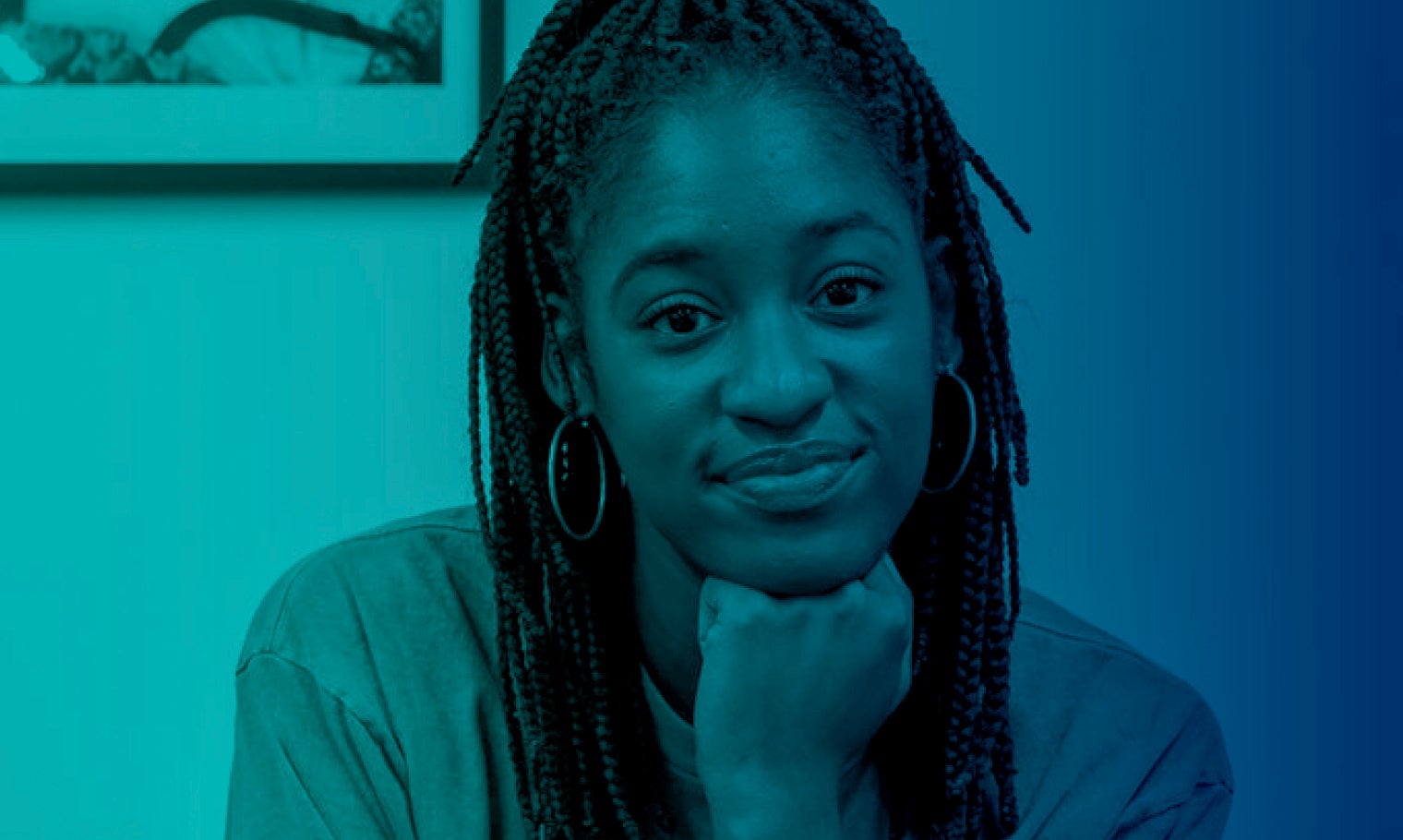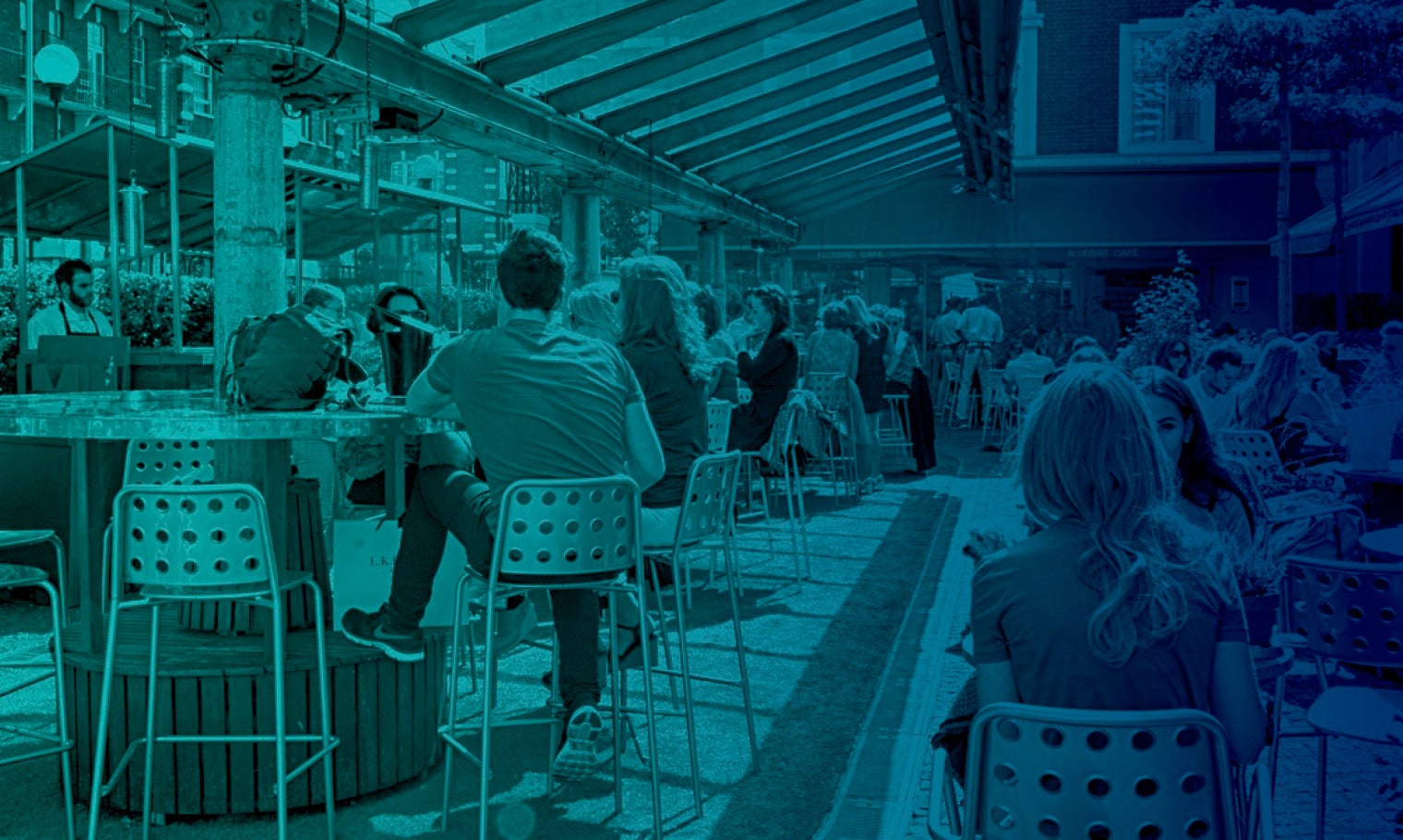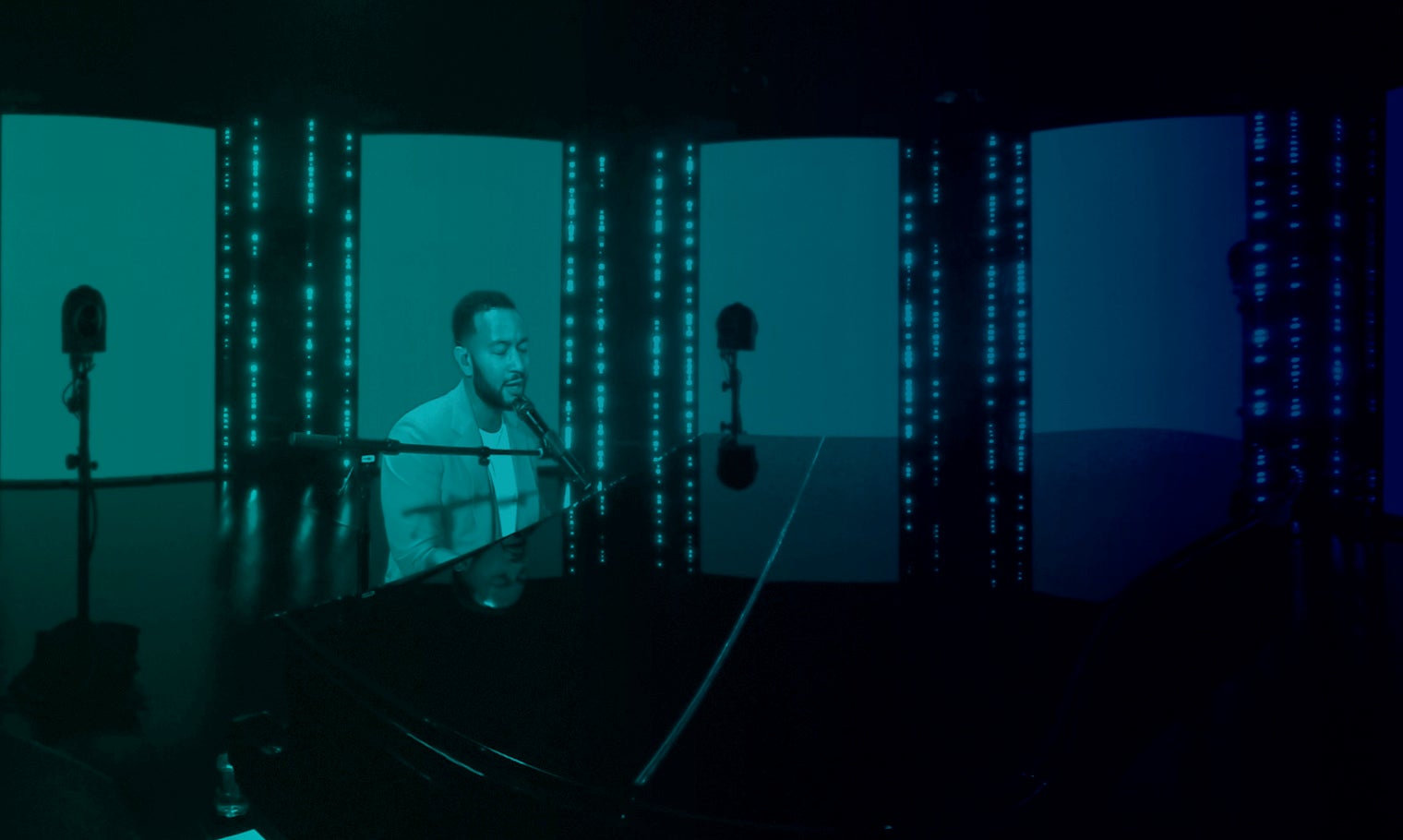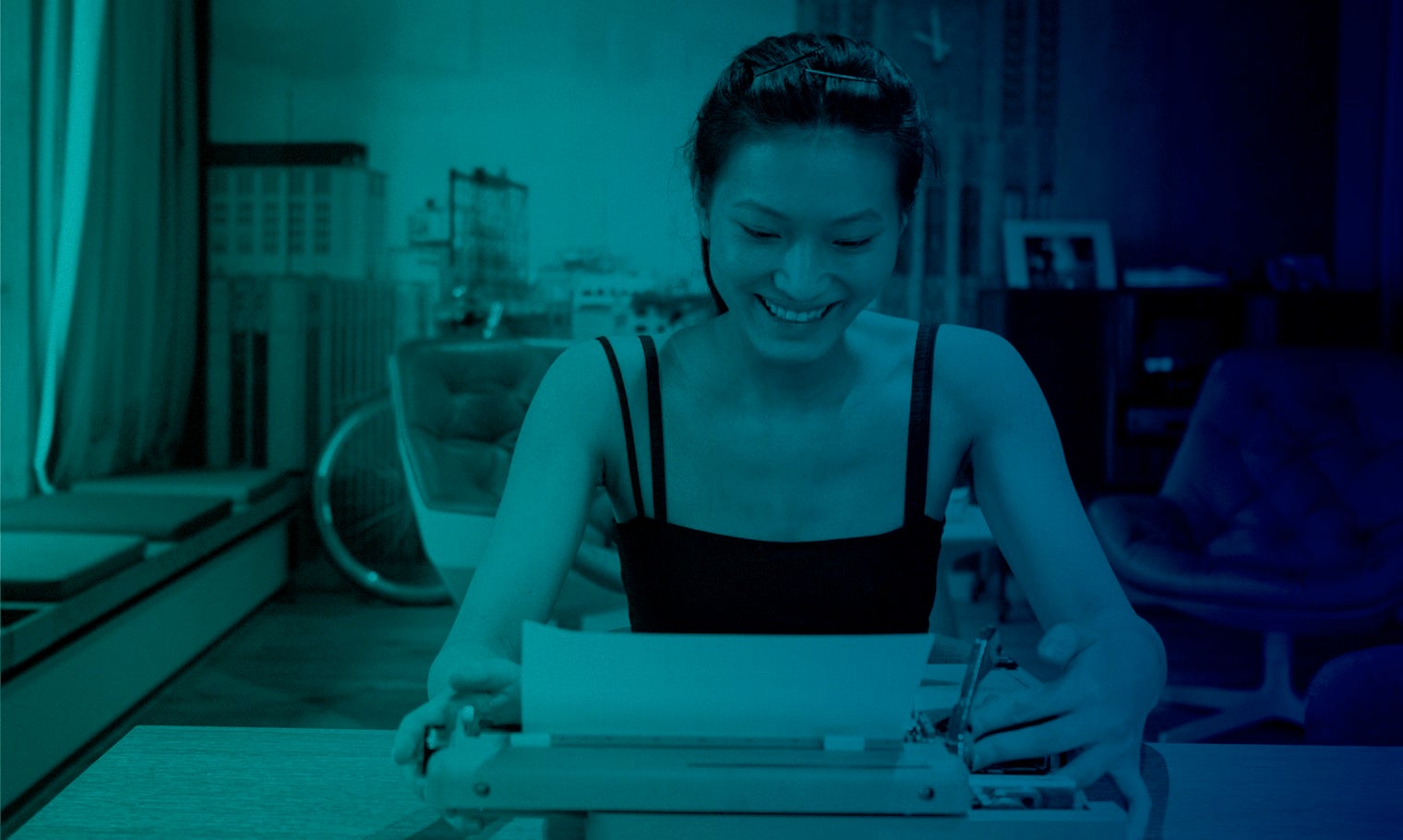Taking conferences online: SaaStock
At the start of the year, SaaStock had four conferences in the pipeline, including its first event in Singapore. Then the coronavirus hit and super-spreader events such as business conferences were suddenly off the cards.
Founder Alex Theuma knew SaaStock would need to pivot to online. But how could it continue to provide value for sponsors and attendees who were looking to network?
For its first virtual event in June, SaaStock Remote, Theuma decided to reduce pricing for both sponsors and attendees, with an average ticket price of $299 compared to the $599 starting price for its previously scheduled in-person event in Dublin. Revenues are currently down by about 50 per cent year on year, but Theuma is hoping he can boost the prices of future virtual conferences by leveraging the data he’s been able to collect.
Using conferencing platform Hopin, SaaStock can see how long attendees are tuning in for, which talks they’re watching and how many people they’re networking with via the platform’s chat roulette-style function. One team of four attendees at June’s virtual event managed to rack up 196 meetings between them across two days, while Theuma says the average sponsor left with up to 200 sales-qualified leads.
“We’re able to provide debriefs saying here’s the data on who watched your CEO speak,” he adds. “We can’t do that with in-person [events].”

Forging digital connections: Ethel’s Club
In November 2019, Naj Austin opened the doors to Ethel’s Club, a social and wellness club for people of colour, in Williamsburg in Brooklyn, New York. By March 12, she was closing the doors again.
The events and social working space had been wildly popular from the get-go, with 275 members and a waiting list of more than 4,000. Not wanting to lose momentum, and realising members were likely to be desiring human connection more than ever during lockdown, Austin decided to take the community online.
Ethel’s digital membership features a programme of live-streamed workout sessions, guided meditations and professional skills workshops, broadcast three times a day.
At $17 a month, the price point is significantly lower than the physical membership of $195 a month, but Austin says that because she’s no longer restricted to the physical confines of her 4,570sq-ft Brooklyn space, Ethel’s now has the opportunity to go international. Since launching four months ago, there are now more than 1,000 digital members, stretching as far as Germany and the Netherlands.
“The biggest thing I’ve learnt is to think bigger,” she says. “How can we make space for the most people?”

Taking takeaway seriously: D&D London
Unable to invite customers into their venues, restaurants across the world have pivoted to takeaway. For D&D London, the challenge was to make sure this experience was on par with what customers of hip haunt Bluebird were used to.
Based in Chelsea, the restaurant has continued to benefit from decent levels of residential footfall compared to D&D’s more centrally located venues. In June, the team decided to make the most of this and set up a rotisserie outside the restaurant, creating a sense of theatre and letting the smell waft down the King’s Road.
In the three weeks to July 4, Bluebird generated an average of £20,000 a week from takeaways. Michael Farquhar, D&D’s operations director, says: “We needed to start generating revenue, but it was also about understanding the appetite.”
Of the 17 D&D restaurants to reopen on July 4, he says Bluebird has been the most successful. The takeaway service “created an awareness”. Farquhar adds: “It meant we could talk to our guests face to face and tell them we were going to reopen.”
D&D plans to continue experimenting with at-home dining. “Takeaway has been transformed,” says Angela Malik, consultant with Think Hospitality. “It’s now ‘out-of-home eating’. People are going to want to continue staying in their communities and not travel far.”

Leveraging live-streaming: MelodyVR
It would be easy to assume those in the business of live-streaming would be insulated from the impact of COVID-19. But even MelodyVR, a US company that creates virtual reality music experiences, has had to rethink how it does business.
Indeed, all of its content is based on real-life gigs. As the live music industry shuttered, the team had to reconsider how and where to create original content and deliver value to clients in the interim.
On May 16, MelodyVR launched its newly kitted-out, COVID-secure studio and an events series, dubbed Live From LA, featuring artists such as John Legend, Cypress Hill and Nelly.
Designed with the help of third-party health and safety experts, the studio features an isolated space for artists to perform where they won’t come into contact with onsite crew, who handle tech and production needs from a separate space, communicating with the artists via a public-address system as needed. Fans, who haven’t had many options for watching live music during lockdown, can tune in via the MelodyVR app.
The company has since replicated the concept elsewhere, working with Live Nation in the UK to broadcast Wireless Festival virtually from Alexandra Palace. More than 132,000 fans in 34 countries tuned in to the festival, which took place in the first week of July. “More than you’d have in Finsbury Park,” the event’s original location, MelodyVR’s founder Anthony Matchett notes.

Self-isolation stations: 25hours Hotels
In mid-March, European hospitality brand 25hours Hotels saw occupancy crash from 95 per cent to zero. But in Germany, where the company is based and most of its 13 hotels are located, it was able to find a workaround.
Rather than being instructed to close, hotels in Germany were simply told to cut overnight stays. Having people in the building during the day wasn’t a problem, so 25hotels started marketing its rooms as COVID-secure “home offices”. For €50 a day, or €200 for the week, workers could book into a room with high-speed wifi, a work station and complimentary Nespresso coffee.
With more than 700 bookings across April and May, business was still at a fraction of pre-COVID levels. But the media attention generated, with TV stations in Munich and Cologne featuring the initiative, paid dividends. Bruno Marti, 25hours Hotels’ chief brand officer, says forward occupancy in June was at 40 per cent across the group, outpacing the wider industry; according to data from Forward Star, forward occupancy in most European capitals was at roughly 20 per cent during June.
Marti says the office offering will stay until business is back to normal levels. “We have always offered day-use rooms,” he adds. “What’s new is that people come to the hotel for the day not with their lover, but for their work.”
Taking conferences online: SaaStock

Forging digital connections: Ethel’s Club




